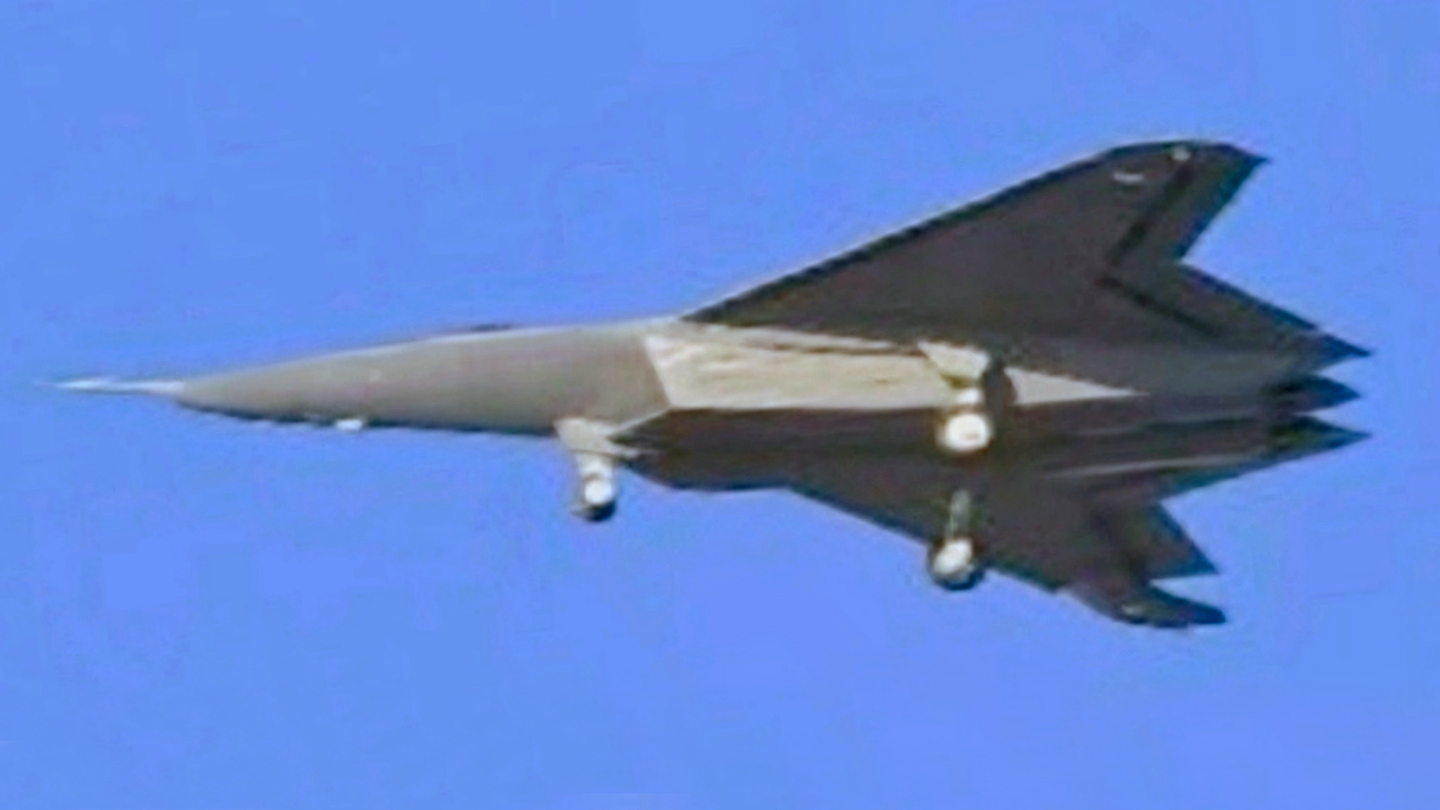- Israel launched airstrikes on Syrian military sites, including the Barzeh center, Hama airport, and T4 airbase.
- The attacks were a warning to Turkey, which plans to take control of Syria’s strategic T4 airbase.
- Turkey is preparing to equip T4 with advanced air defenses and station F-16s in Syria.
- Israel warns of a "do or die" scenario as Turkish influence grows under Syria’s new Islamist leadership.
- Both sides accuse each other of destabilizing the region, raising fears of direct conflict.
Israel launched airstrikes against multiple Syrian military sites overnight, including the Barzeh research center, Hama military airport, and the T4 airbase near Palmyra. The attacks, which reportedly caused casualties in Damascus and Hama, were described by Israeli Army Radio as a direct "warning to Turkish President Erdogan." The strikes come amid growing concerns over Turkey’s plans to take control of Syria’s strategic T4 airbase, raising fears of a potential military confrontation between the two regional powers.
The latest Israeli offensive underscores the volatile landscape in Syria following December’s coup, which saw a Turkish and Gulf-backed Islamist faction seize power in Damascus. Since then, Israel has conducted hundreds of airstrikes against Syrian military assets while expanding its presence in southern Syria — most recently with reports of Israeli armored vehicles entering the Al-Jabaliya Dam forest area. With Ankara now moving to solidify its influence in Syria, Israeli officials warn of a looming "do or die" scenario that could drag the region into deeper conflict.
Turkey’s strategic moves in Syria
Reports from Middle East Eye (MEE) indicate that Turkey has begun preparations to assume control of the T4 airbase, a critical site near Palmyra in central Syria. Ankara plans to equip the base with a Hisar-type air defense system, capable of countering jets, drones, and missiles at short, medium, and long ranges. Once operational, the facility will reportedly host surveillance and armed drones, including models with extended strike capabilities.
Turkish media has also revealed plans to establish two new military bases in Syria to train a reconstituted Syrian armed forces, including pilots for a future air force. The proposal includes stationing 50 Turkish F-16 fighter jets at these bases until Syria’s air capabilities are fully restored.
For Israel, these developments represent a direct challenge. "Any significant Turkish military presence, especially in strategic locations like Palmyra, could be perceived as a threat to Israeli security interests," an unnamed senior Israeli military official told The War Zone. The official warned that Turkey’s deepening involvement, combined with Syria’s new Islamist leadership, could push the region toward open conflict.
Israel’s escalating campaign in Syria
Israel’s latest airstrikes mark some of its most aggressive actions in Syria since the December coup. The attacks targeted remaining military infrastructure, including the near-total destruction of the Hama airbase. Syrian state media reported nine killed in southern Syria during what it called Israel’s "deepest incursion yet."
Israeli Defense Minister Israel Katz framed the strikes as a preemptive measure, stating, "We will not allow the security of the State of Israel to be harmed." He warned Syria’s new government against permitting hostile forces near Israeli territory, threatening further retaliation.
Meanwhile, Israel has expanded its military footprint in southern Syria, declaring intentions to remain indefinitely. Recent movements include armored vehicles entering the Al-Jabaliya Dam forest, signaling a potential long-term occupation.
A looming "do or die" scenario?
The growing Turkish-Israeli rivalry in Syria has raised alarms among analysts. Ankara’s ambitions to turn Syria into a "protectorate," as described by Israeli Foreign Minister Gideon Saar, clash with Israel’s determination to prevent hostile forces from gaining ground near its borders.
The unnamed Israeli military official’s assessment — that Erdogan may choose escalation amid domestic instability — suggests the situation could spiral into a direct confrontation. "It could become a 'do or die' scenario for him," the official said.
Syria’s Foreign Ministry condemned Israel’s actions as destabilizing, while Turkey accused Israel of being a "strategic destabilizer" in the region. The UN has also criticized the repeated airstrikes as potential violations of international law.
As Turkey and Israel maneuver for influence in post-coup Syria, the risk of unintended conflict grows. With Ankara fortifying its military presence and Israel vowing to strike any perceived threats, the region teeters on the edge of a wider confrontation. For now, the airstrikes serve as a warning — but whether diplomacy or further escalation follows remains uncertain.
Sources for this article include:








